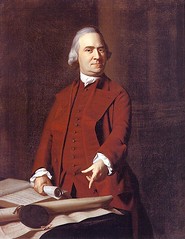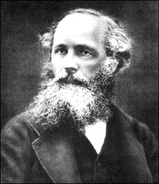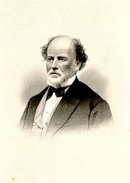Common Interpretation Mistakes
Common mistakes many make when reading / studying Scripture or even ancient history:
(Any history for that matter.)
Bringing to the time period under study
the attitudes and understanding they currently have
and applying it to the time period under study.
One such example is the believe that the Ethiopian of Acts 8 was a black man.
Where does the idea come from that Ethiopia was a nation inhabited by blacks 2000 hundred years ago? Is it because Ethiopia today is a black nation?
Another common mistake is thinking the known world in biblical times was thought to be as large as the world as we know it today. 2000 years ago, there were few globes or world maps, no GPS, no satellite views of the earth from space. No airplanes, trains, automobiles, etc. People did not travel except in large armed groups for fear of robbery or worse. Very little travel far from one's hometown was done by 99 percent of the population. Most people, if they went anywhere, walked. A few went by horse, the wealthier by wagon / coach; a few by boat and fewer still by ship.
Many people 2000 years ago believed the world to be flat. People fell off the edge of the earth if they went too far on the oceans.
Reading was rare, books few. In fact, personally, they didn't have books - they had clay tablets, then scrolls of parchments rolled up and kept only by the very wealthy or in libraries. I read somewhere that one "educated" person at that time had the largest known private library - 12 scrolls. People would travel long distances to visit his "library" of 12 volumes.
The known world - known by our ancestors, the Greeks and the Romans, was the area around the Mediterranean Sea - pretty much the region covered by Paul in his journeys. The Phoenicians (also Israelites) did travel out beyond the Med Sea through the Straits of Gibraltar - but it was they who most likely started the rumor of falling off the edge of the earth so as to protect their sea trading and merchant monopoly.
Josephus, although somewhat tedious at times, has a wealth of background information that is a must read for serious bible students.
Context, context, context is extremely important to get a proper understanding of the history of the time under study. Thinking was different 2000 years ago; knowledge of many subjects was much more limited then than it is today. One has to put themselves back into that time frame, that frame of reference existing at the time under study to acquire a proper understanding of the events and world views of most people during that period of history.



















